The influence of technology on health is a double-edged sword. On one hand, technology has revolutionized healthcare, enabling medical professionals to diagnose and treat diseases more efficiently and effectively. Electronic health records, telemedicine, and medical research have all improved patient outcomes and saved countless lives.
To mitigate the negative effects of technology on health, it is essential to strike a balance between technology use and other aspects of life. This includes engaging in regular physical activity, setting boundaries around screen time, and prioritizing in-person connections. By being mindful of our technology use and taking steps to maintain a healthy balance, we can harness the benefits of technology while protecting our overall well-being.
Here are 10 Positive Impacts of Technology on Healthcare
- Improved Access to Healthcare: Telemedicine and online platforms have made healthcare more accessible, especially for rural or underserved areas.
- Enhanced Patient Engagement: Technology empowers patients to take charge of their health, track vital signs, and communicate with healthcare providers more effectively.
- Streamlined Clinical Workflows: Electronic health records, automation, and AI have optimized clinical processes, reducing errors and improving patient care.
- Personalized Medicine: Advanced genomics, precision medicine, and targeted therapies have led to more effective treatments and better patient outcomes.
- Remote Monitoring and Telehealth: Wearables, mobile apps, and virtual consultations enable continuous monitoring and timely interventions.
- Medical Research and Innovation: Technology accelerates discovery, enables collaboration, and facilitates the development of new treatments and therapies.
- Electronic Health Records (EHRs): Secure, centralized, and accessible records improve continuity of care and reduce administrative burdens.
- Artificial Intelligence (AI) and Machine Learning (ML): AI-driven analytics, predictive modelling, and decision support tools enhance diagnosis, treatment, and patient safety.
- Virtual Reality (VR) and Augmented Reality (AR): Immersive experiences aid in pain management, rehabilitation, and mental health treatment.
- Global Connectivity and Collaboration: Technology bridges geographical gaps, facilitating international cooperation, knowledge sharing, and best practices in healthcare.
These benefits demonstrate how technology has transformed healthcare, improving access, outcomes, and the overall quality of life for patients worldwide.
Technology has revolutionized healthcare, improving access, outcomes, and patient experiences. While there are potential drawbacks, the benefits of technology in healthcare far outweigh the risks. Embracing innovation and responsible technology use will continue to transform the healthcare landscape, leading to better health outcomes and improved quality of life for individuals worldwide.
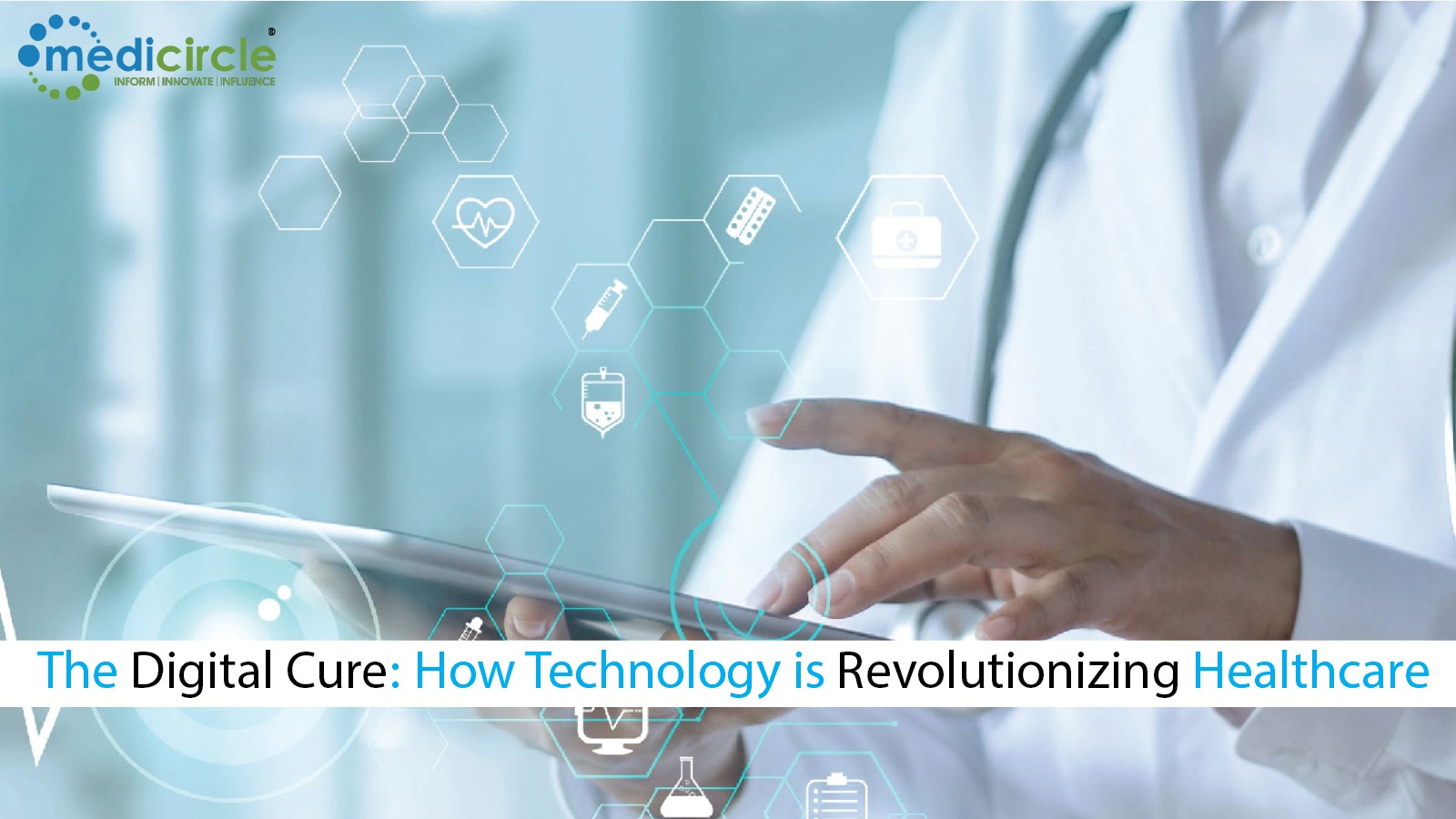
 These benefits demonstrate how technology has transformed healthcare, improving access, outcomes, and the overall quality of life for patients worldwide.
These benefits demonstrate how technology has transformed healthcare, improving access, outcomes, and the overall quality of life for patients worldwide.





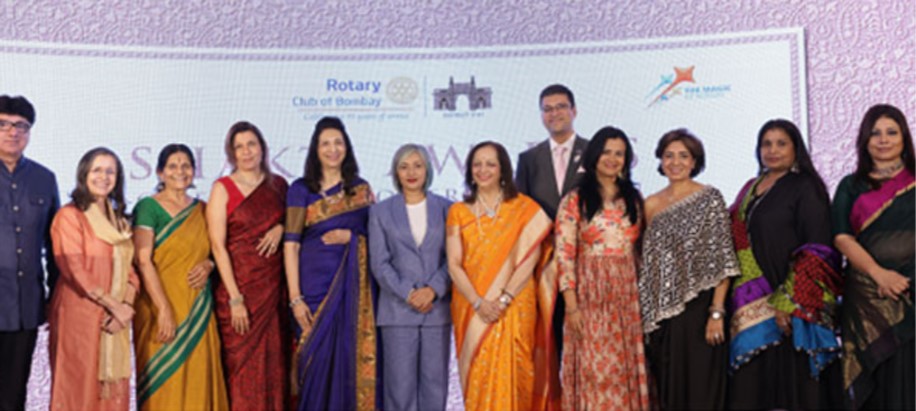






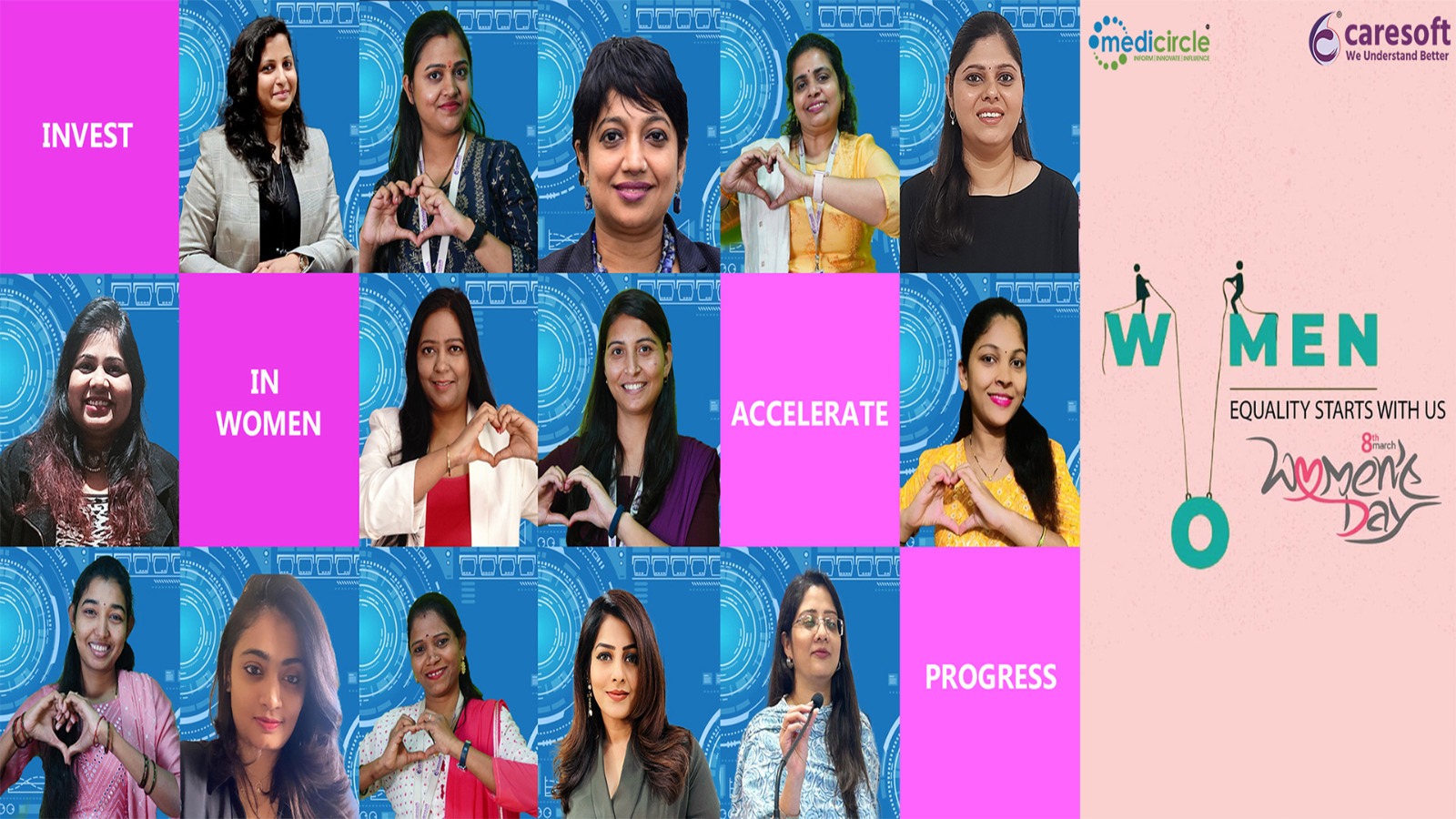
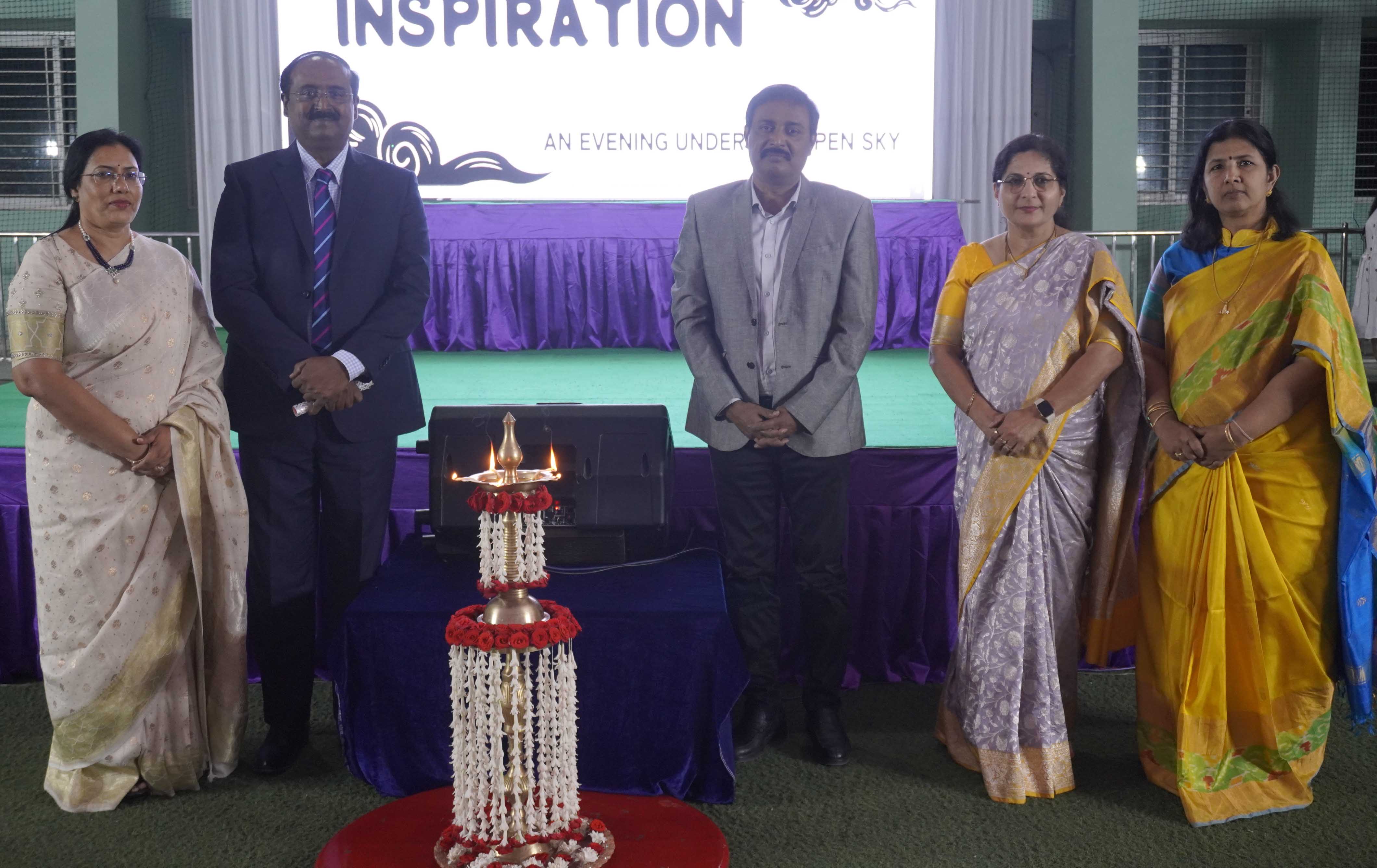
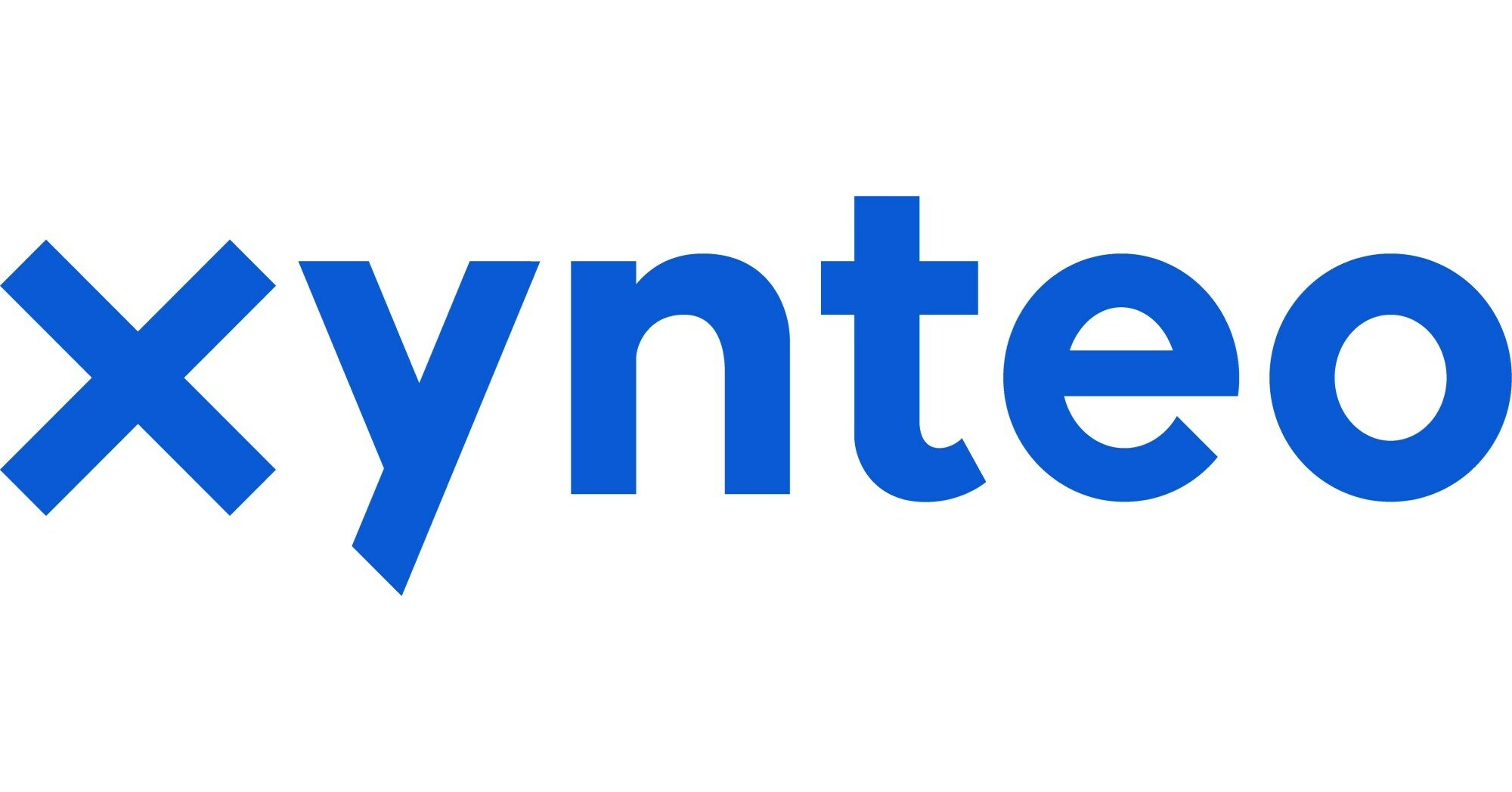





.jpeg)

.jpeg)
.jpeg)
.jpeg)

.jpeg)
.jpeg)
.jpeg)
_(1).jpeg)

_(1)_(1)_(1).jpeg)
.jpeg)
.jpeg)
.jpeg)






